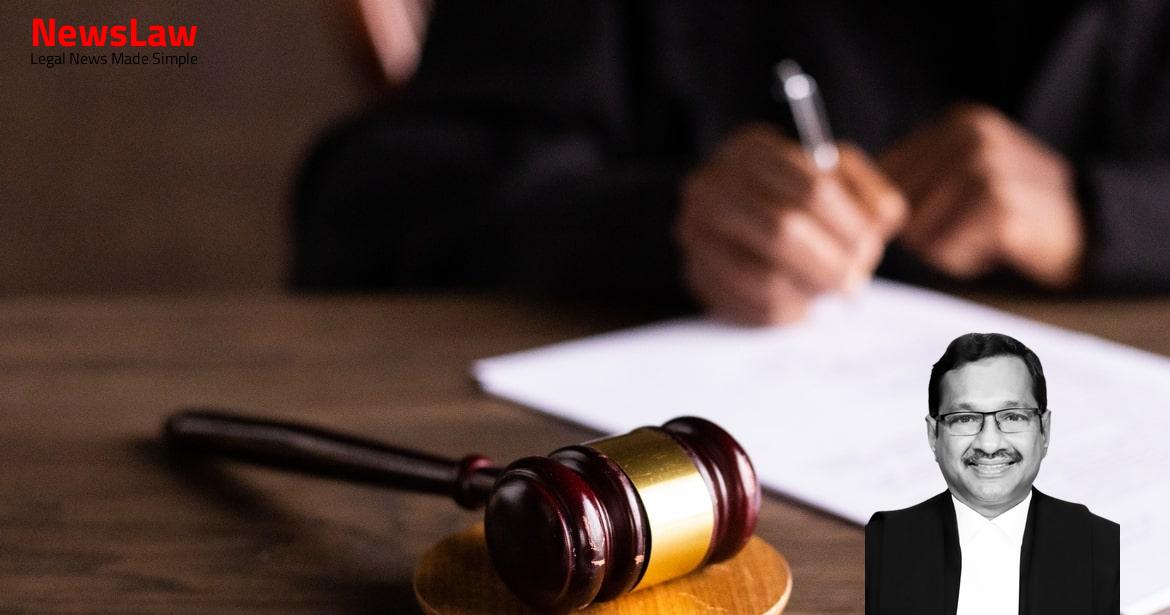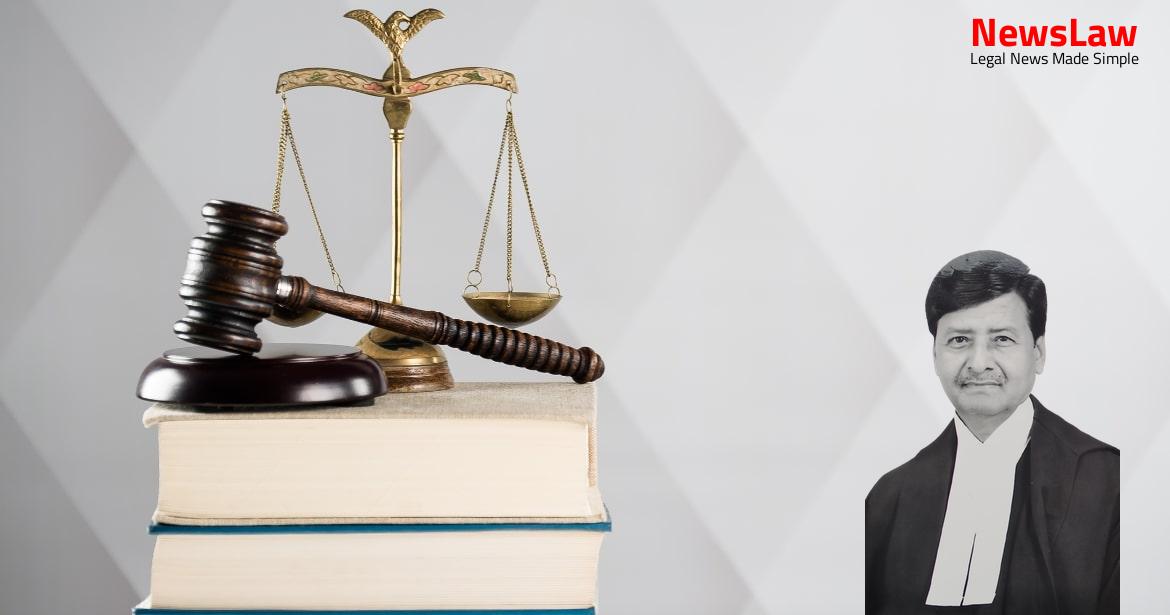Delve into the intricate legal analysis by the court regarding fair investigation in criminal cases. The examination of the role of the investigator, conflicts of interest, and the implications of biases. The emphasis on upholding the accused’s rights and the necessity for independent and objective investigations. Follow along to grasp the critical legal principles shaping the process of justice.
Facts
- The matter was initially referred to a larger Bench consisting of three Judges on 17.01.2019.
- Subsequently, a three-Judge Bench on 12.09.2019 referred the matter to a larger Bench of five Judges for consideration.
- The matter is brought before a Bench of five Judges.
- This is done to ensure a thorough consideration of the present issue.
- The decision of the Bench will hold significant weight due to the number of Judges involved.
Also Read: Preservation and Maintenance of Shri Mahakaleshwar Temple
Arguments
- The decision in Mohan Lal (supra) is based on substantive constitutional foundation and principles of criminal jurisprudence
- In cases where the complainant himself has conducted the investigation, the entire trial would be vitiated according to Mohan Lal (supra)
- Accused would be entitled to acquittal in such cases
- Shri Sushil Kumar Jain, representing the accused, argues that reliance on Section 157 Cr.P.C. for the offence under the NDPS Act is misplaced.
- He points out that Section 54 of the NDPS Act creates a presumption of guilt for the accused found in possession of drugs and places the burden of proof on the accused to explain satisfactorily.
- This reverse burden of proof is a key factor in cases related to possession under the Act.
Also Read: Legal Analysis: Contempt Jurisdiction and Freedom of Expression
Analysis
- The requirement for fair and independent investigation is considered a right of the accused under Article 21 of the Constitution.
- The decision in Mohan Lal v. State of Punjab is discussed, emphasizing that in cases where the complainant is also the investigator, the trial is vitiated, and the accused is entitled to acquittal.
- Different cases and their rulings regarding the same investigator being the complainant are reviewed, with the conclusion that such instances are to be judged based on individual facts.
- Various legal principles and precedents are cited to support the importance of fair investigation and the implications of potential biases in the process.
- The need for unbiased, honest, and law-abiding investigations to unearth the truth is underscored.
- The role and obligations of the investigator and the need to avoid conflicts of interest in investigation are highlighted.
- The principle that investigation is exclusively reserved for the investigating agency and the importance of ensuring fair trials and investigations are reiterated.
- The NDPS Act carries a reverse burden of proof under Sections 35 and 54.
- The informant who seizes the material from the accused and investigates the case may raise doubts about fair investigation.
- The role of the head constable as both the complainant and the investigating officer can lead to bias.
- Various judgments have dealt with the issue of the same person being the complainant and the investigating officer.
- The court has to consider each case individually rather than making broad generalizations.
- The investigation in cases where the complainant is also the investigator must be free from bias and prejudice.
- There are inbuilt safeguards in the NDPS Act to ensure fair proceedings.
- Under Cr.P.C., there is no bar on a police officer registering an FIR and investigating the case themselves.
- The law laid down in previous cases should be applied based on the specific facts of each case.
- Section 52 and 53 of the NDPS Act grant specific powers for entry, seizure, and investigation.
- The credibility of the prosecution should be assessed based on the evidence presented and the investigative process.
- It is crucial to avoid a situation where the investigating officer is biased due to their role as the complainant.
- The court should evaluate whether investigation conducted by the informant/complainant is fair and unbiased.
- The relevance of independent witnesses and objective investigation is highlighted.
- The case law regarding bias in investigation must be interpreted based on individual circumstances.
- The accused’s rights must be safeguarded during the investigation process.
- Section 154 Cr.P.C. mandates that every information relating to the commission of a cognizable offence shall be reduced to writing by the officer in charge of a police station.
- Section 156 Cr.P.C. allows any officer in charge of a police station to investigate a cognizable offence without the order of a Magistrate.
- Section 156 Cr.P.C. further states that no proceeding of a police officer in such a case can be questioned on the grounds of lack of empowerment to investigate.
- Section 463 of the Code allows for admissibility of a confession even if there is non-compliance in recording it under Section 164, as long as it did not harm the accused in their defense.
- Section 465 of the Code specifies that irregularities in proceedings do not result in reversal of conviction unless a failure of justice is proven.
- Section 157 Cr.P.C. requires the officer to report to a Magistrate and proceed to investigate upon suspecting the commission of an offence.
Decision
- Each case must be examined individually
- Decisions should be made based on the specific circumstances of the case
- There is no one-size-fits-all solution
Case Title: MUKESH SINGH Vs. STATE (NARCOTIC BRANCH OF DELHI) (2020 INSC 524)
Case Number: SLP(Crl) No.-010406 / 2023



